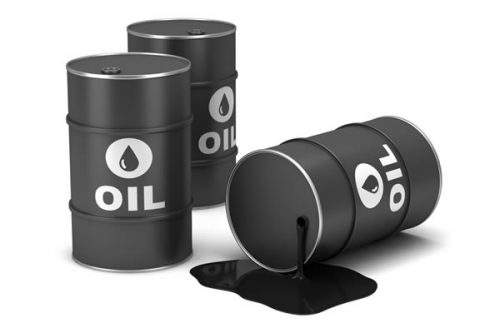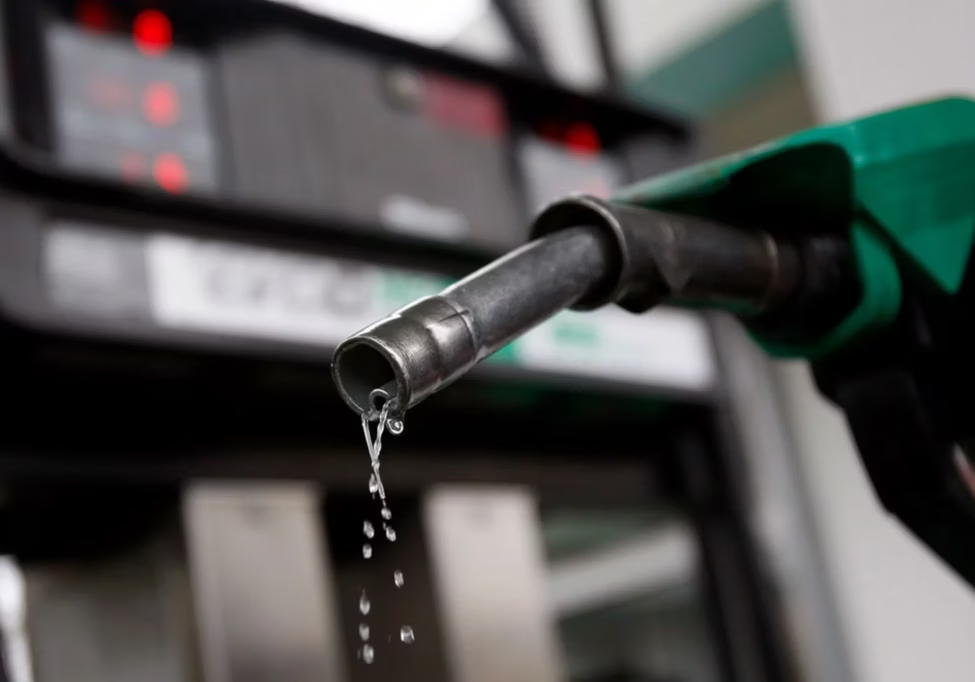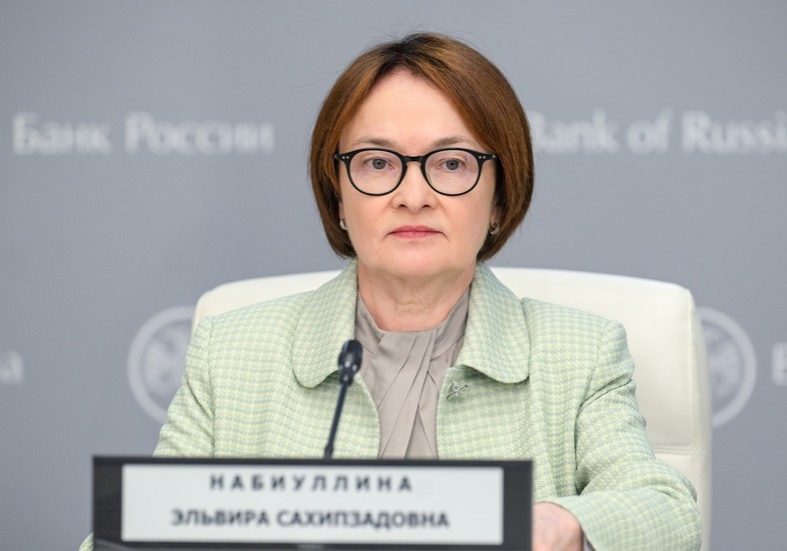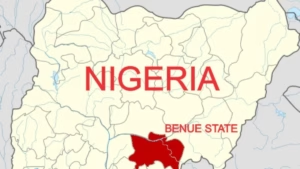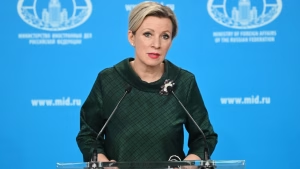Federal Government Commences Sales of Crude Oil and Refined Products in Naira
The Nigerian Federal Government has announced that it has officially commenced sales of crude oil and other refined petroleum products in naira, in line with a Federal Executive Council (FEC) directive. The initiative started on October 1, 2024, although details of the contractual agreements and pricing of the products remain scarce.
According to a post on the Ministry of Finance’s X handle, the implementation committee, led by the Minister of Finance, had a meeting on October 3, 2024, to conduct a post-commencement review of the Crude Oil and Refined Products Sales in Naira initiative. Key stakeholders have also affirmed the commencement of the strategic initiative.
In a previous statement, the government explained that the naira-for-crude initiative is aimed at reducing pressure on the naira, eliminating unnecessary transaction costs, and improving the availability of petroleum products across the country.
The scheme involves the supply of 385,000 barrels of crude oil per day from the Nigerian National Petroleum Corporation (NNPC) to the Dangote refinery, with payments made in naira. In return, the refinery will supply petrol and diesel of equivalent value to the domestic market, also payable in naira.
Special Adviser to the President on Media, Dare Adekanbi, confirmed the plan to supply crude oil to the Dangote refinery in naira from October 1, although officials of Dangote and other refineries later stated they were not aware if the deal had commenced.
Top officials, including the Minister of State for Petroleum (Oil), the Special Adviser to the President on Revenue, the Special Adviser to the President on Energy, the Chief Executive of the Nigerian Midstream and Downstream Petroleum Regulatory Authority, and the Group Chief Executive Officer of NNPC, among others, attended the meeting to finalize the modalities for the implementation of the FEC approval.
The new initiative has the potential to positively impact the Nigerian economy, by reducing pressure on the naira and providing a stable supply of petroleum products.

